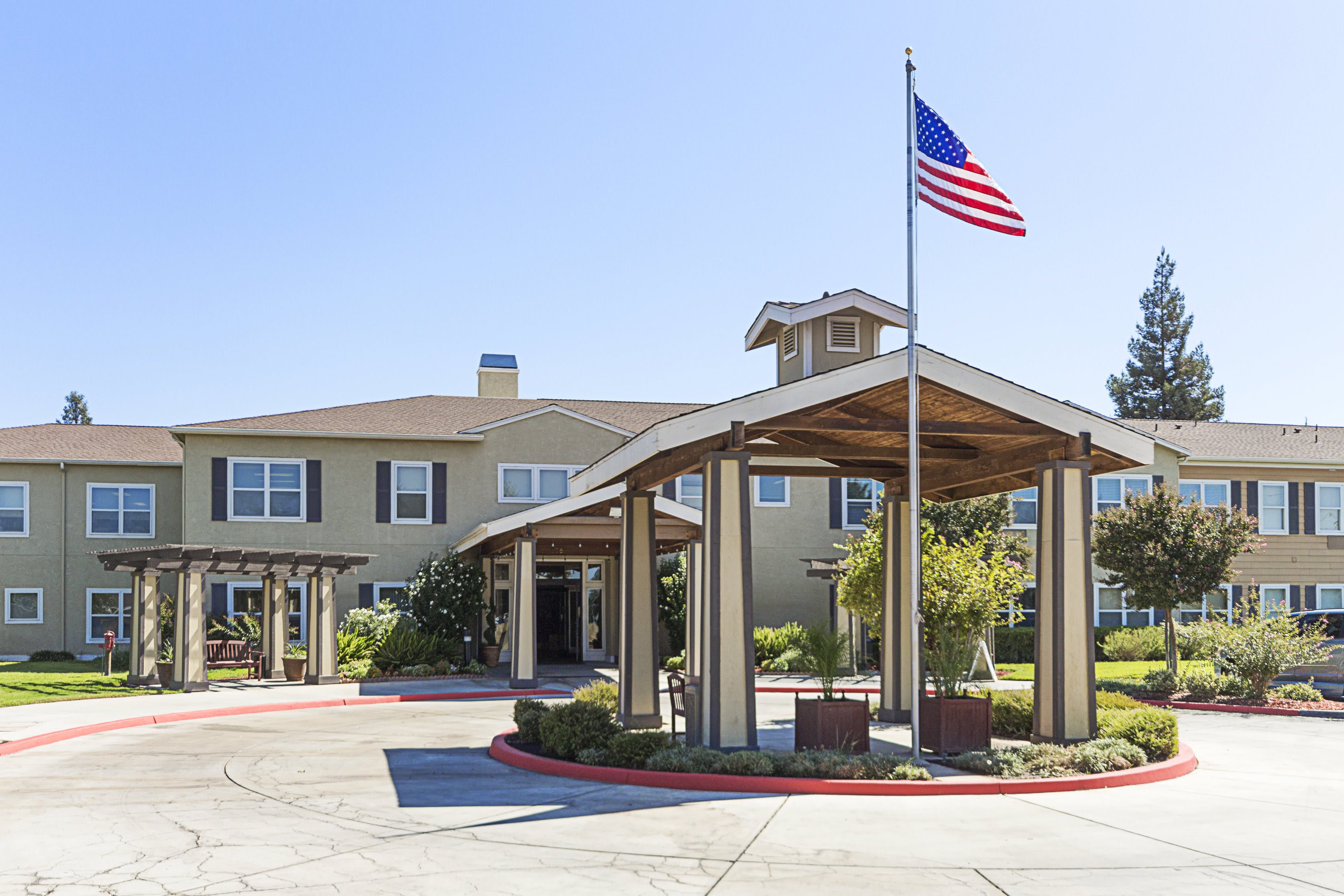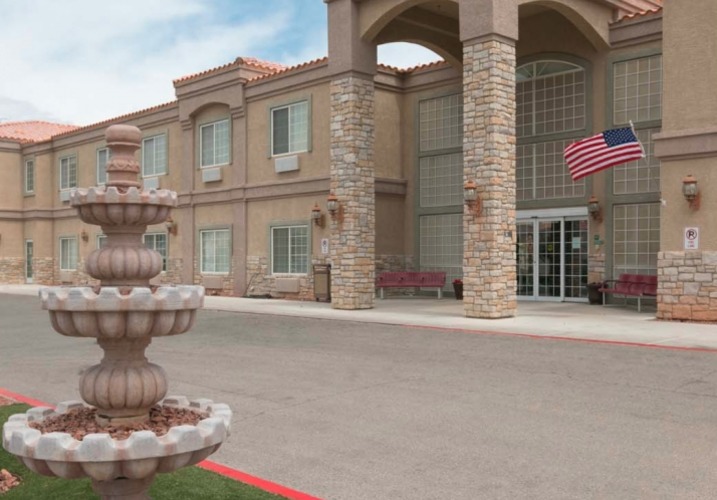
There are many options available for seniors who need long-term care. The majority of long-term care costs will be covered by a combination or several sources. These include Medicare and Medicaid as well long-term health insurance. While out-of-pocket expenses are necessary, they can quickly become insufficient as an individual ages. This is also a temporary state that will not be eligible for Medicaid. Further, Medicaid eligibility requires the elderly to be low-income, so personal savings are difficult to maintain and can deplete very quickly.
Home care
There are many choices when it comes to home care for an elderly person. These services may include companionship and transportation. The assistance can be given for as little or as long as you need. Additionally, home care for seniors may include reminders to take medications or prepare meals. If your loved one needs more than one person to assist with daily activities, consider hiring an in-home care provider.
The majority of seniors receive long-term care in their homes. This care is usually provided unpaid by relatives. In fact, in the last 30 days, 25% of American adults reported providing care for an elderly loved one. People prefer to age in their own homes. A home care arrangement gives them the opportunity to keep their independence, while still having close family members visit them. Although home care may not work for everyone, it is an option that can be very helpful if you are unable or unwilling to offer 24-hour assistance to your loved ones.

Nursing homes
Nursing homes can provide the level of care an older person needs. These facilities are designed to provide day-to-day care for elderly people who are unable to care for themselves. In some cases, the elderly may need temporary care due to illness or surgery, or while a regular caregiver is away. These facilities can also provide care for those with Alzheimer's and dementia. You or a loved-one may need long term care.
Nursing homes can provide 24-hour care and advanced medical services. Nurses and doctors are responsible for the care of patients. Specially trained staff members assist with daily living and perform a range of tasks. Depending on the needs of the elderly, the facility may offer long-term skilled nursing care or intermediate care. Some facilities offer hospice and end-of-life services. Nursing homes are not hospitals, but they provide the level of care patients need.
Short-term care
If you don't require 24-hour support, short-term nursing can be a good option. This type of facility provides meals prepared by a dedicated chef and offers activities and company to residents. Short-term care facilities are available to assist residents with everyday tasks such as bathing and dressing. The community is well-equipped, and residents can enjoy the facilities and pleasant atmosphere. Short-term care can be more affordable than permanent facilities, since the caregiver is paid per day.
For the elderly, nursing homes can also be an option. Although they provide 24-hour care, medical assistance is not always available. However, nursing homes are not always convenient for those who need 24-hour care. It is best to make arrangements ahead of time if you want to stay at a nursing home. The short-term care center offers residents comfortable living arrangements and life-changing opportunities. Manda is a licensed Michigan nursing home administrator. Manda is also a registered nurse. She has extensive experience in all areas of the post-acute care industry.

Medicaid
If you are in need of long-term care for yourself or a loved one, you might be interested in learning about Medicaid for long-term care elderly. This government health insurance program covers certain expenses for low-income elderly residents in nursing home. Senior citizens may qualify for Medicaid, as long as they meet certain income and asset limits. Although Medicaid does have certain requirements, careful planning and proper documentation can help you qualify. In order to apply, you must be U.S. citizen and reside in the state where you plan to seek assistance.
Medicaid includes Cash and Counseling. Many states have their Medicaid programs. Some may not offer medical services. If needed, most Medicaid programs will cover personal healthcare services. Additional benefits are offered by many states, including home delivery of meals and emergency response systems. Medicaid may also cover spouses and caregivers. But if your loved one requires more than these basic services, you should look into the Medicare program.